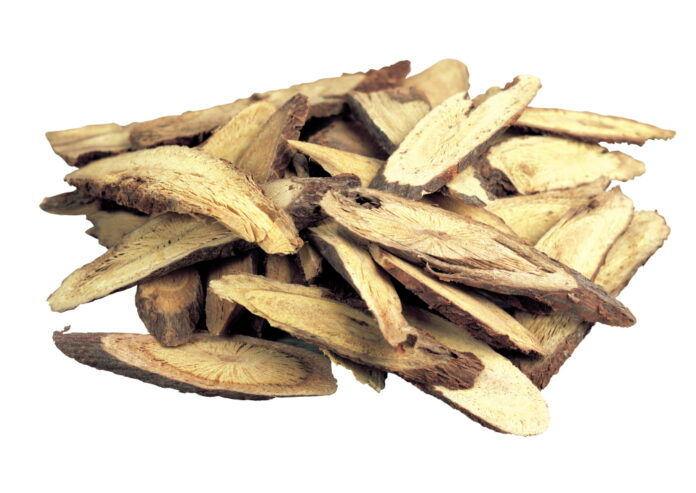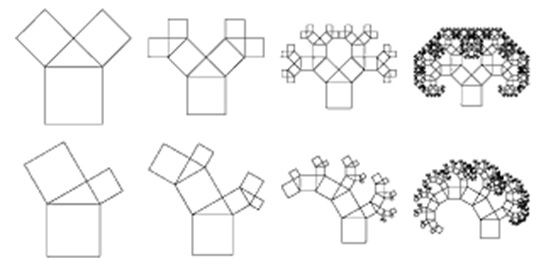The Dynamics of Shang Han Lun ⑮
By Jubong Kang, K.M.D.
(3) Gancao (甘草): sweet, neutral
- Symptoms: urgency, irregular pulse, ‘qi’ deficiency, abdominal pain, urinary pain, tumour.
- Sign Symptom: urgency (due to deficiency of ‘liquid’ in the chest).
- Mechanism: (1) Gancao inhibits urination so to protect the heart and the lungs from the severe loss of liquids in the chest from sweating or diarrhea because of high fever disease. In Eastern Medicine Gancao is prescribed especially in case of a symptom such as irregular pulses, Zhi Gancao Decoction which contains large amount of Zhi Gancao is used for that reason.
(2) Gancao decreases amount of urination. This herb is used in Shang Han Lun to protect the body from excessive liquid loss. Many biochemical-components including as glychyrrhizin is contained in Gancao, which causes pseudo-aldosterone syndrome when an excessive quantity of Gancao is taken. The fact that a side effect of general swelling comes from overdosing on Gancao, suggests that Gancao has a medicinal effect of inhibiting urination when used in a proper dosage.
(4) Fuling (茯笭): sweet, neutral
- Symptoms: palpitation, insomnia, restlessness, edema, water stagnation in stomach, dampness impediment.
- Sign Symptom: palpitations.
(5) Taoren (桃仁): bitter, sweet, neutral
- Symptoms: stagnated and accumulated blood masses, bruises, twisted joint, numbness from or due to the blood stagnation, prickly pain caused by blood stagnation, amenorrhea, insanity.
- Sign Symptom: lesser abdominal tense bind, lesser abdominal swelling.
- Mechanism: In Doosan Encyclopedia (Doosan Encyclopedia of Internet Naver Knowledge Encyclopedia, Article of Taoren), it said that Taoren has pharmacological functions such as expanding veins, constructing womb muscles, strengthen the body’s ability to stop the hemorrhage from the womb hemorrhage, etc. This herb is classified in the category breaking blood masses in Eastern Medicine herbology.
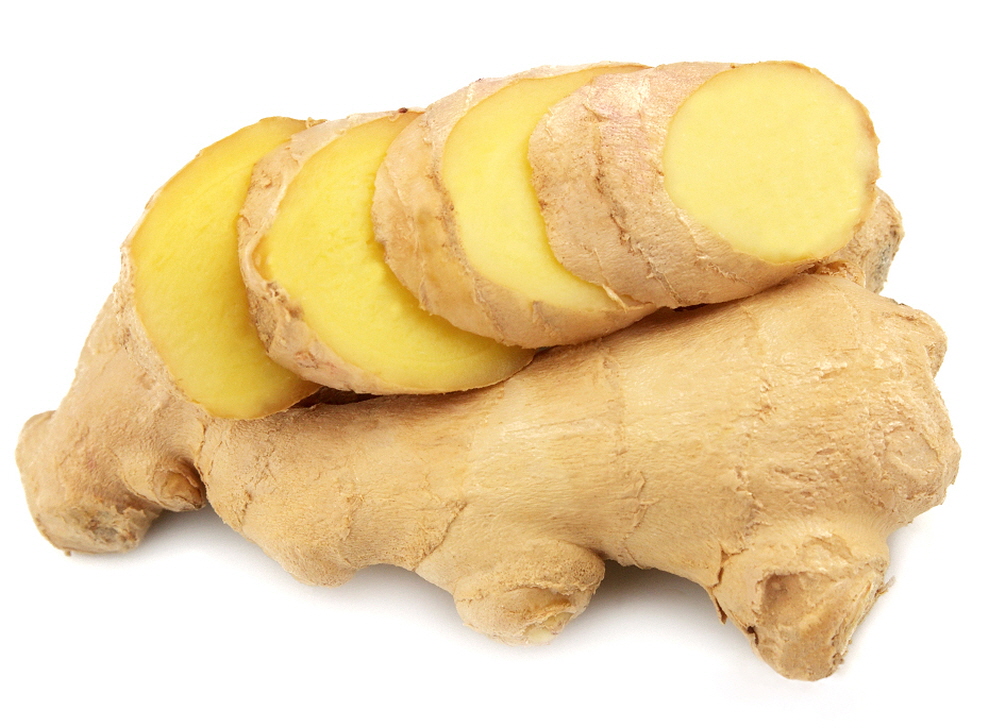
(6) Shengjiang (生薑): pungent, slightly warm
- Symptoms: nausea, belching, fever, irritation due to Banxia toxicity.
- Sign Symptom: nausea.
- Mechanism: In Food Science Technic Encyclopedia, some results of pharmacological experiments with Shengjiang whose effects could be verified are stated as follows: ① Inhibition from vomiting of a dog treated by copper sulphate ② Reducing and inhibiting strained and excited wiggling movement of a rabbit’s stomach ③ An experiment on a guinea pig in which is ileum has been removed, about contraction, antihistamine function. Alleviation of pain, inhibition of stomach movement, etc. (Food Science Technic Encyclopedia of Internet Naver Knowledge Encyclopedia, Article of Shengjiang).
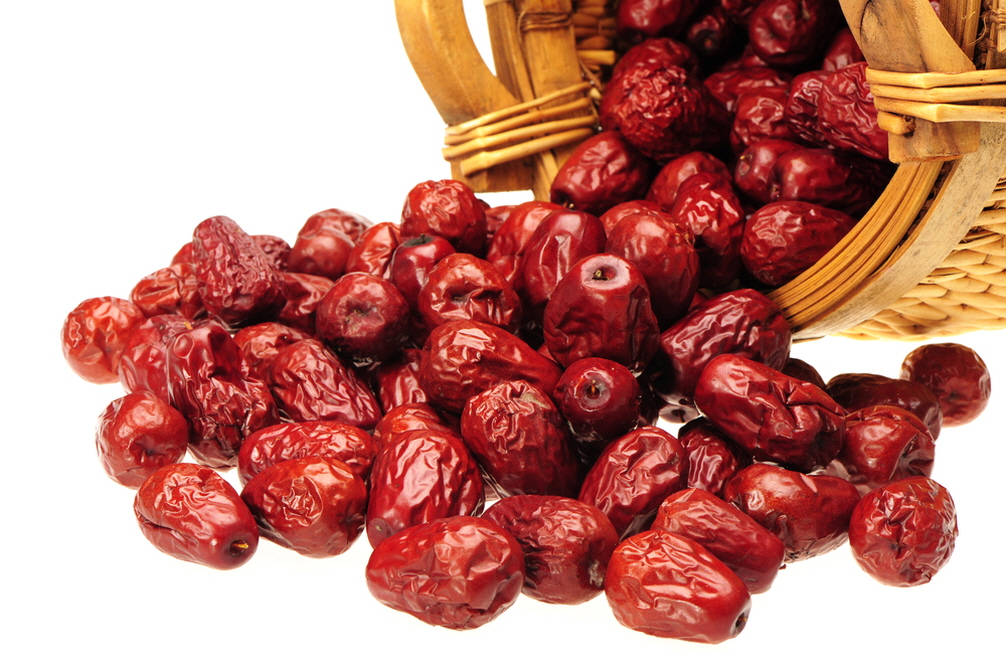
(7) Dazao (大棗): sweet, neutral
- Symptoms: deficiency of nourishment, hysteria, feeling of sorrow, spasm (This symptoms are Gan Mai Dazo Decoction, explained in Part Ⅲ).
- Sign Symptom: hypertonicity (Medicine Signature 藥徵, p209, Korean Version, Chung Hong Publisher, 2010).
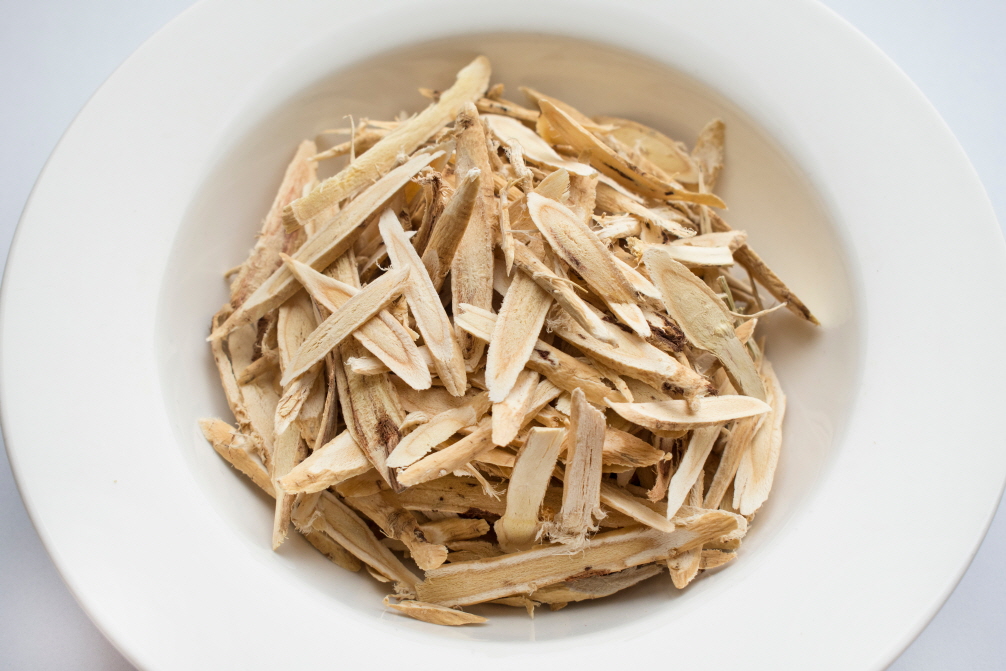
(8) Huangqi (黃芪): sweet, slightly warm
- Symptoms: edema, sweating, flabbiness, depression, insomnia, panic disorder, tumor.
- Sign Symptom: inch pulse sunken.
(9) Ganjiang (乾薑): pungent, hot
- Symptoms: nausea, aversion to coldness, throat pain, swelling due to coldness, sniffling (expelling wind cold by pungent ant hot taste and property).
- Sign Symptom: nausea, aversion to coldness.
(10) Chaihu (柴胡): bitter, slightly cold
- Symptoms: slight fever, malaria, menopausal disorders, depression, intercostal neuralgia, ear noises, dizziness, aversion to light.
- Sign Symptom: fullness in the chest and rib side, alternating fever and coldness.
(11) Gegen (葛根): sweet, pungent, neutral
- Symptoms: diarrhea, exanthema, hypertension, thirsty, sudden hardness of hearing.
- Sign Symptom: stiffness of the nape and the back (by efficacy of expanding muscles).
(12) Mahuang (麻黃): slightly bitter, warm
- Symptoms: headache, join pain, flesh pain, cough, asthma, aversion to coldness, edema, scant urination.
- Sign Symptom: aversion to coldness, cough, scant urination.
.




























